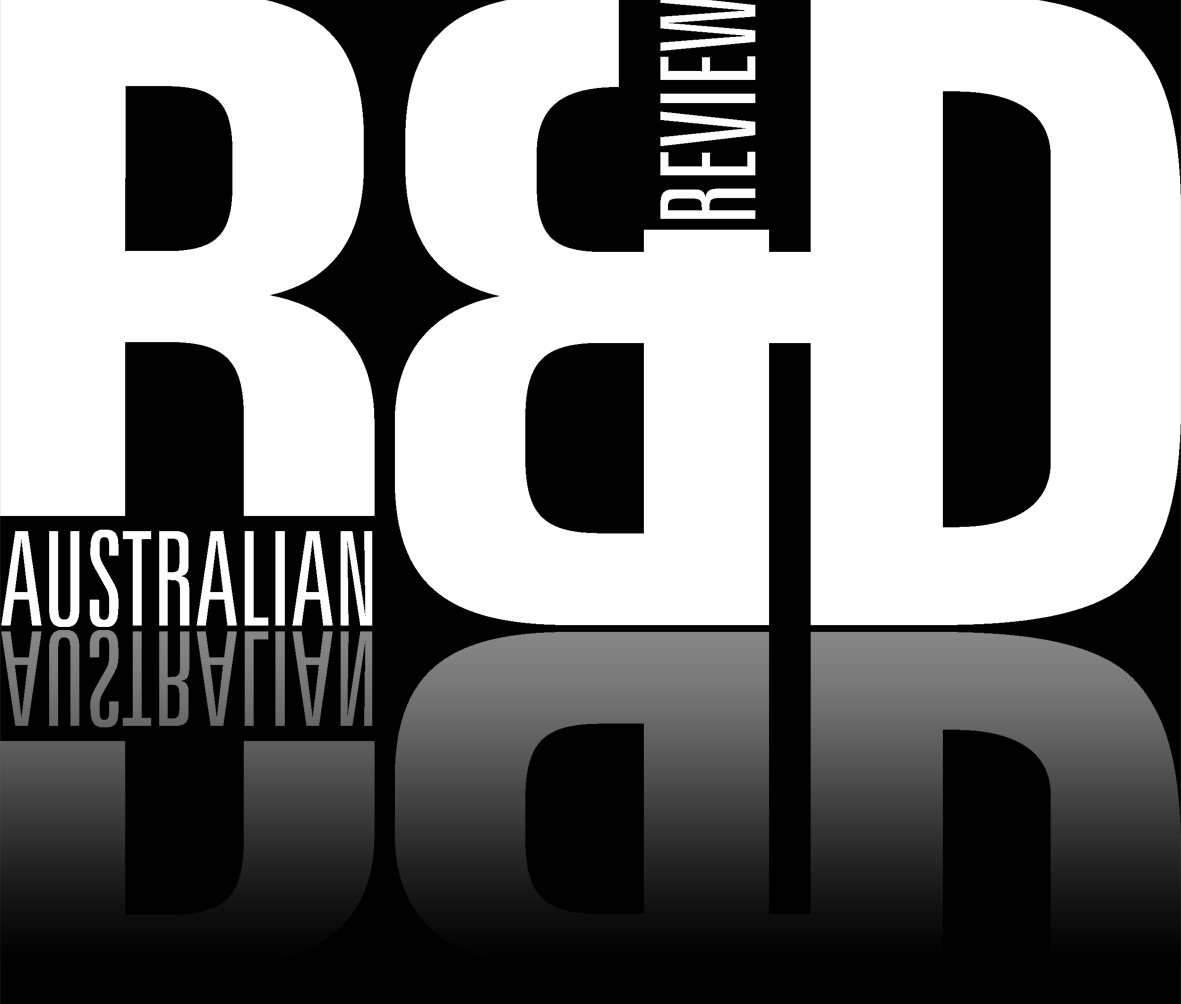

With the launch of its first dedicated space agency Australia has finally left a select club of two, with Iceland now the only country in the OECD without a national space program.
Established with $41 million from the Australian Government, the new agency is tasked with the long-term development and application of space technologies, and growing Australia's domestic space industry. To this end it will initially have $15 million at its disposal to support Australian participation in international missions and projects.
The Government has committed a further $260 million towards developing core satellite infrastructure and technologies, including better GPS for Australian business and regional Australians and improved access to satellite imagery.
This investment in Australia's space industry was backed in a review of Australia's Space Industry Capability by an Expert Reference Group, which was chaired by former CSIRO chief executive officer Dr Megan Clark, who will now also head the space agency during the first year of its operation.
The group found that in 2015-16 Australia’s space industry was worth $3.9 billion, of which 88% was contributed by the private sector. Most of the private investment came from came from satellite TV, broadband, and communications services, while high-tech equipment manufacturing also played a role. The group also expects that in the coming years Australia's defence investment (nearly $10 billion over the next 20 years) will have significant impact on the industry.
Notably, with its active small and medium-sized enterprises and world-leading capability in research Australia is well positioned to take part in a rapidly growing but fiercely competitive global space sector that is no longer restricted to government agencies and budgets.
The group's report outlines a strategy that could triple the size of Australia’s nascent space industry to $10-$12 billion dollars per year by 2030, making it a key contributor to the growth and diversification of the Australian economy. Key sectors that would benefit from the developments include agriculture, maritime, gas, mining and transport.
A core element of the strategy is the establishment of the space agency, for which the experts provide a charter that defines its roles, responsibilities, and governance arrangements.
The experts further recommend that Australia builds on its strengths in technology areas such as:
Focusing on these technologies will help Australia to increase its capacity in research areas it currently has competitive advantages, such as applying advanced integrated Earth observation data, and the research of quantum communications and technologies; astronomy; planetary science; space and remote medicine; and advanced antenna and sensor technology.
The report also notes a number of potentially disruptive 'frontier' areas Australia could take advantage of, such as the application of artificial intelligence, robotics, space related big data analytics, as well as next-generation communications technologies, and next-generation rocket and spacecraft propulsion systems.